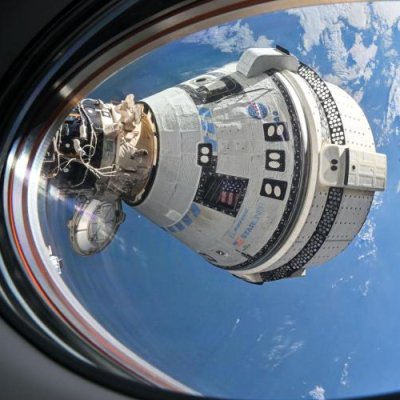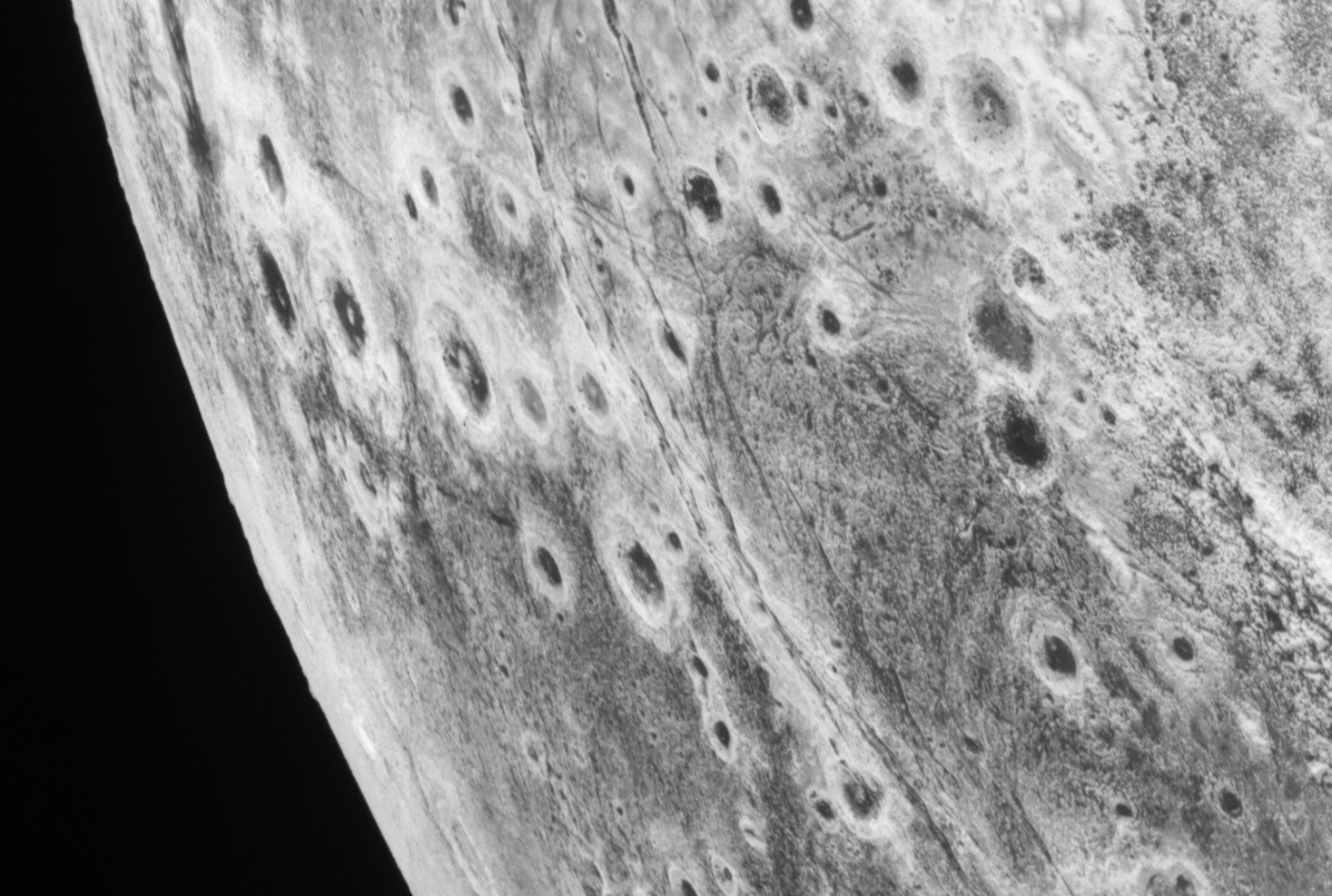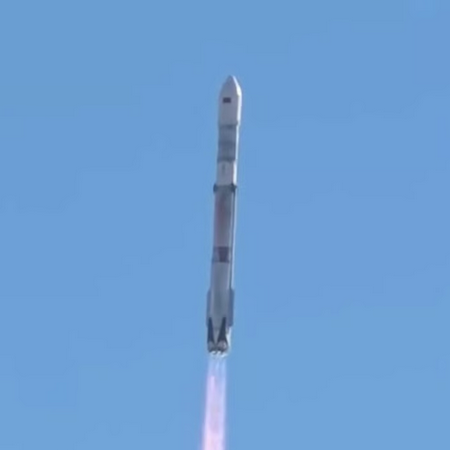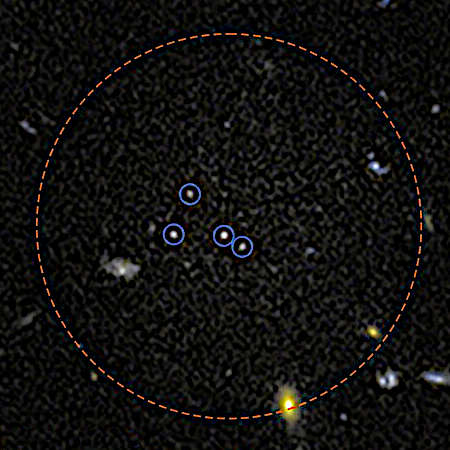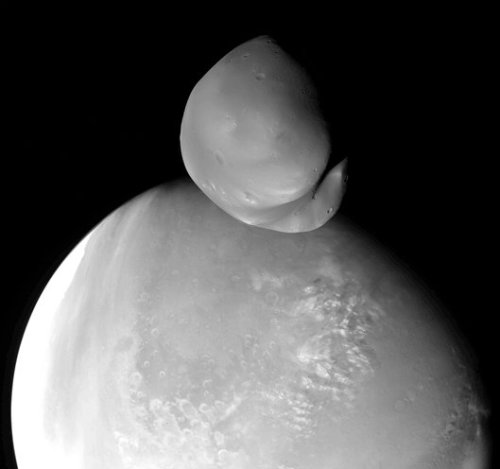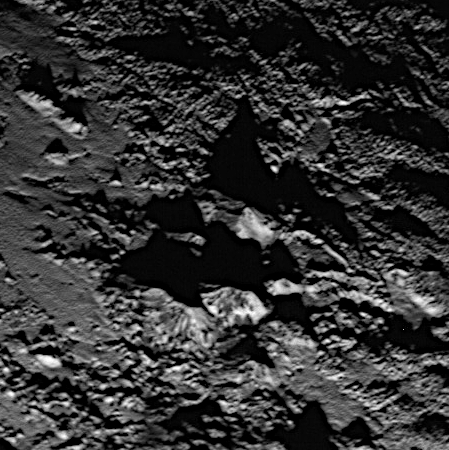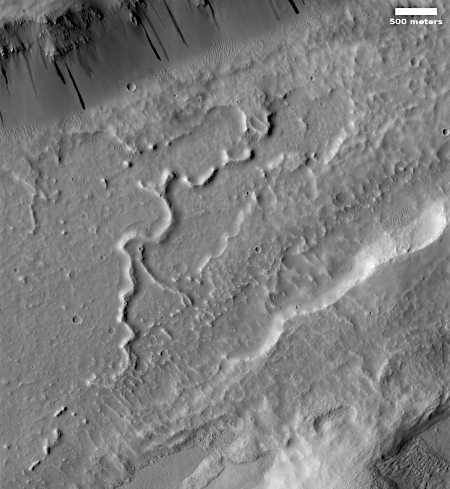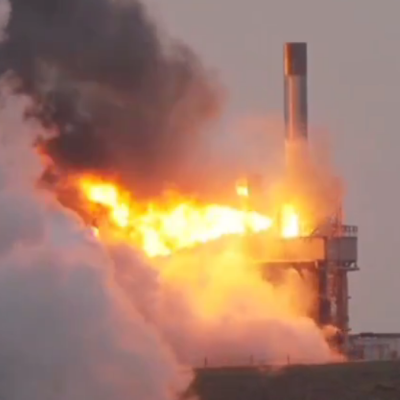
Today is “President’s Day”, a meaningless holiday created by our stupid lords in Congress in order to denigrate George Washington by devaluing the holiday celebrating his birth, February 22nd, by applying that holiday to all presidents, from great to the trashy. This fake holiday also acted to devalue any remembrance of Abraham Lincoln’s birthday on February 12th, as it forced many states that used to celebrate that holiday separately to fold that celebration into today as well.
I don’t accept Congress’s stupid holiday. Instead, I separately try each year to honor both Washington and Lincoln on their actual birthdays, because without these great men the nation of my birth would never have become the great and free and prosperous place it became.
In honor of Lincoln today, I thought I’d post a short review of Russell McClintock’s fine 2008 history, Lincoln and the Decision for War. McClintock took a decidedly different look at the Civil War by focusing not on larger events, but specifically at the time period between the election of Lincoln on November 6, 1860 and the beginning of the Civil War in April 1861.
What many forget with the passage of time is that the Civil War did not start instantly with Lincoln’s victory. For six months furious negotiations took place between politicians from the North and South, with Northern politicians desperately trying to somehow convince the southern states not to secede from the Union. McClintock details those negotiations, including Lincoln’s own efforts in numerous ways to placate the most radical southern states.
You see, as much as Lincoln opposed slavery — and he truly did — he was far more committed to the American Constitution and the nation it had created. If he had to let the issue of slavery take a back burner to saving the Union, he was quite content to do so. More important, as McClintock shows, if the southern states hadn’t seceded and had stayed part of the Union, their power bloc in Congress would have been strong enough to block any anti-slavery action by Lincoln anyway. He really didn’t have sufficient political power in Congress to change anything.
For the South, none of these actual facts about Lincoln mattered. The South had developed Lincoln Derangement Syndrome, and was not going to allow itself to be ruled by Lincoln no matter what, even if that rule was weak and ineffectual. As noted by the Ohio’s radical anti-slavery senator Ben Wade in a speech on the Senate floor on December 17, 1860:
» Read more



